
Cycling is a physically demanding sport that requires proper nutrition to maximize performance, endurance, and recovery. Whether you're a casual rider or a competitive cyclist, understanding what to eat and when can make a significant difference in your energy levels and overall experience on the bike.
Pre-Ride Nutrition
Proper fueling before a ride ensures you have enough energy to perform at your best. A meal rich in complex carbohydrates, moderate in protein, and low in fat should be consumed 2-3 hours before your ride. Good options include:
- Oatmeal with banana and honey
- Whole grain toast with peanut butter
- Rice with lean protein and vegetables
- A smoothie with yogurt, fruit, and nuts
For rides lasting longer than an hour, a small snack 30-60 minutes before starting, such as a banana or an energy bar, can provide an extra energy boost.
Nutrition During the Ride
The body burns glycogen stores rapidly during cycling, so it's essential to refuel during longer rides (over an hour) to maintain energy levels. Guidelines for in-ride nutrition include:
- Carbohydrate intake: Consume 30-60g of carbohydrates per hour for moderate rides and up to 90g for intense endurance rides.
- Hydration: Drink water regularly, around 500-750ml per hour, and consider electrolyte drinks for rides exceeding 90 minutes.
- Snacking options: Energy gels, sports drinks, bananas, dried fruit, or homemade rice cakes provide quick-digesting energy.
For longer endurance rides, combining carbohydrates with small amounts of protein and fat can help sustain energy levels and prevent hunger.
Post-Ride Recovery Nutrition
Recovery nutrition is crucial for muscle repair and replenishing glycogen stores. Ideally, consume a balanced meal within 30-60 minutes after finishing your ride. Aim for a mix of:
- Carbohydrates: Replenishes glycogen stores (rice, pasta, whole grains, potatoes)
- Protein: Aids muscle recovery (chicken, fish, eggs, tofu, protein shakes)
- Healthy fats: Supports overall recovery (avocados, nuts, seeds, olive oil)
Hydration is also essential post-ride, so drink plenty of water and consider a recovery drink with electrolytes if you’ve sweated heavily.
Hydration Strategy
Proper hydration is key to maintaining performance and preventing fatigue. General recommendations include:
- Drinking water consistently throughout the day
- Sipping fluids regularly during your ride
- Replacing lost electrolytes with sports drinks, coconut water, or electrolyte tablets after long rides
Supplements for Cyclists
While a balanced diet should provide all necessary nutrients, some cyclists may benefit from specific supplements:
- Electrolyte tablets: Prevents cramps and maintains hydration
- Protein powder: Supports muscle recovery
- Caffeine: Enhances endurance and alertness
- BCAAs (Branched-Chain Amino Acids): Reduces muscle fatigue
- Omega-3s: Supports joint health and reduces inflammation
Conclusion
Optimizing your cycling nutrition enhances performance, endurance, and recovery. By properly fueling before, during, and after rides, staying hydrated, and incorporating key nutrients, you can maximize your cycling experience and reach new levels of fitness. Pay attention to your body's signals, experiment with different foods, and find what works best for you on the bike.


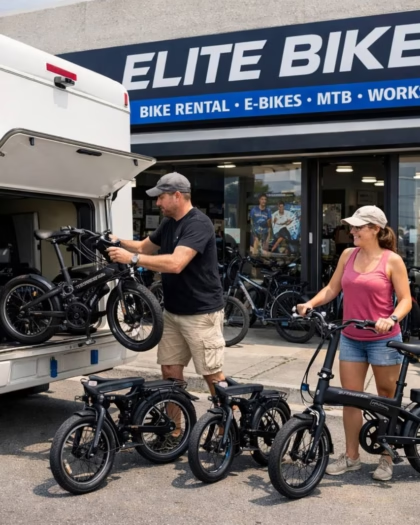
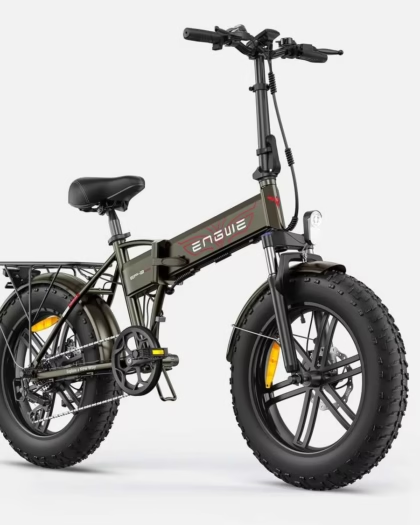

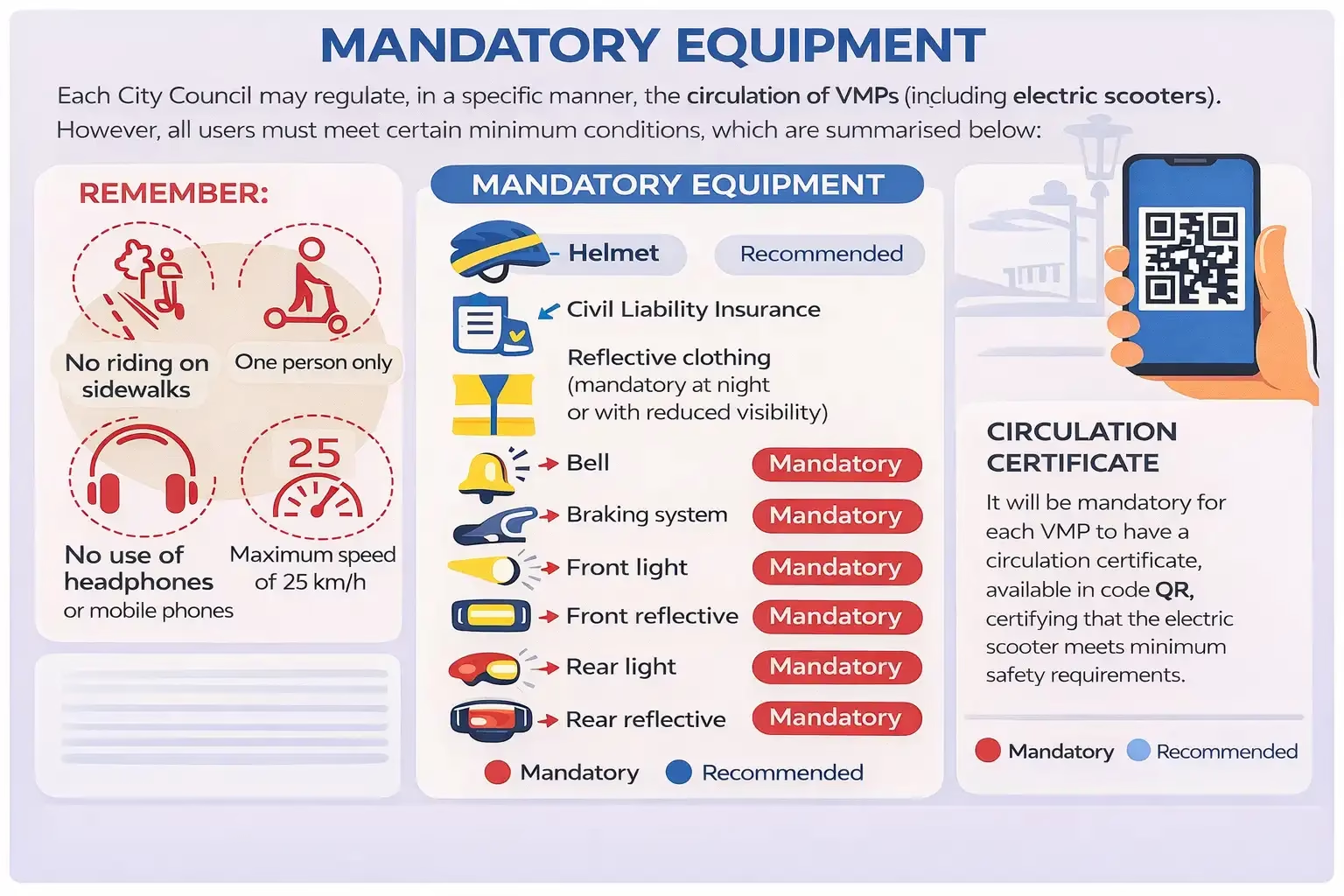
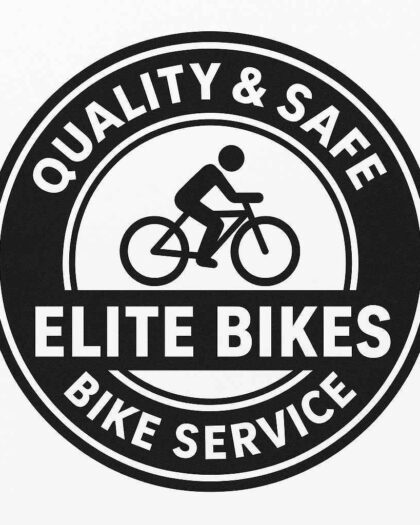


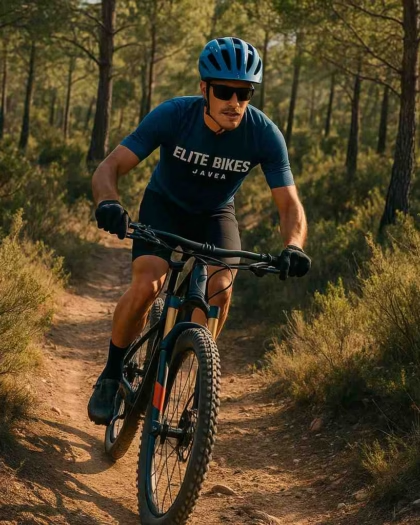
 WhatsApp Chat
WhatsApp Chat